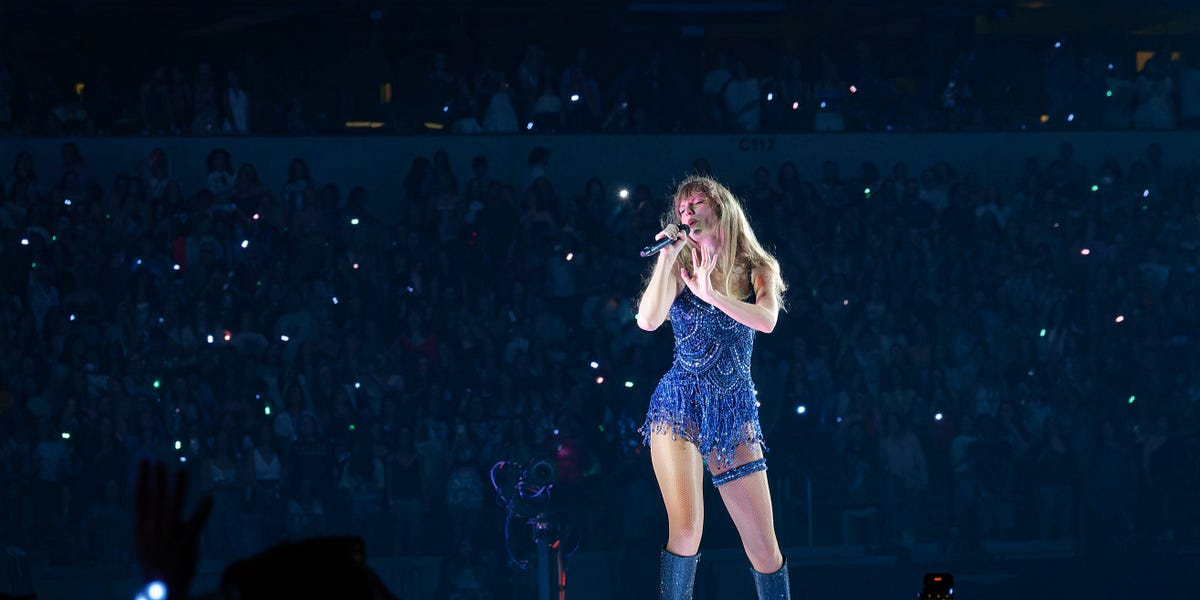Women Are Supposed to Want to Be Mothers

🌈 Abstract
The article discusses the controversy surrounding a Newsweek article that criticized Taylor Swift for being an unmarried and childless woman in her 30s, and the broader societal pressures and obstacles that women face regarding motherhood and family planning.
🙋 Q&A
[01] The Newsweek Article and Societal Pressures
1. What were the key points made in the Newsweek article that the author is responding to?
- The Newsweek article by John Mac Ghlionn criticized Taylor Swift for being an unmarried and childless woman in her 30s, suggesting that she is a bad female role model.
- The article was designed to provoke and annoy middle-class white women, a group that the author sees as being particularly vocal when irritated.
2. How does the author respond to the Newsweek article and the societal pressures it represents?
- The author argues that the Newsweek article is "classic clickbait" that is "overtly provocative and quite poorly argued."
- The author suggests that a reasonable response is to simply ignore the article, as it is not likely to resonate with the majority of non-American or Europe-based middle-class women.
- The author acknowledges that women often get defensive when reminded that they are "failing to meet the socially imposed markers of successful womanhood" such as marriage and motherhood.
- The author, as a person who has chosen not to become a parent, understands the "bristling sense of irritation and injustice" that these types of conversations can generate.
3. What factors does the author identify as contributing to the declining rates of motherhood among women?
- The author argues that the decision not to have children is not due to women being "indoctrinated by a Girlboss culture" or being "hopped up on feminine hubris and inoffensive music."
- Instead, the author cites practical and material obstacles such as the lack of family and community support for parents, the high cost of childcare, the housing crisis, and the broader societal and economic challenges facing women.
[02] The Changing Landscape of Womanhood and Motherhood
1. How has the landscape of womanhood and motherhood changed over time?
- The author notes that in 1971, just 18% of British women had no children by the age of 30, but by 2020 this number had risen to over 50%.
- The author argues that the "small- (and sometimes large-) c conservatism that considers motherhood the highest good to which a woman might aspire" no longer aligns with the reality of modern middle-class womanhood.
2. How does the author view the role of celebrity culture, such as Taylor Swift, in relation to women's choices around motherhood?
- The author argues that Taylor Swift is not a "disincentive to motherhood" but rather a "product of that culture" - one in which some women may choose to prioritize other aspects of their lives, such as career and relationships, over starting a family.
- The author suggests that this is a "perfectly valid use of an individual's time as determined by their own values" and that there is little point in criticizing women for making such choices.
3. What does the author say about the societal attitudes towards women who choose not to have children?
- The author notes that the "reluctant mother is a piteous figure and a target of universal scorn," while "the woman who does not love her children is vilified with a thoroughness which, in our spirit of forgiveness, we so often spare the many disinterested, deadbeat dads."
- The author argues that this reflects a societal view in which a woman's validity and social role is seen primarily through her relationship to others, particularly her role as a mother.